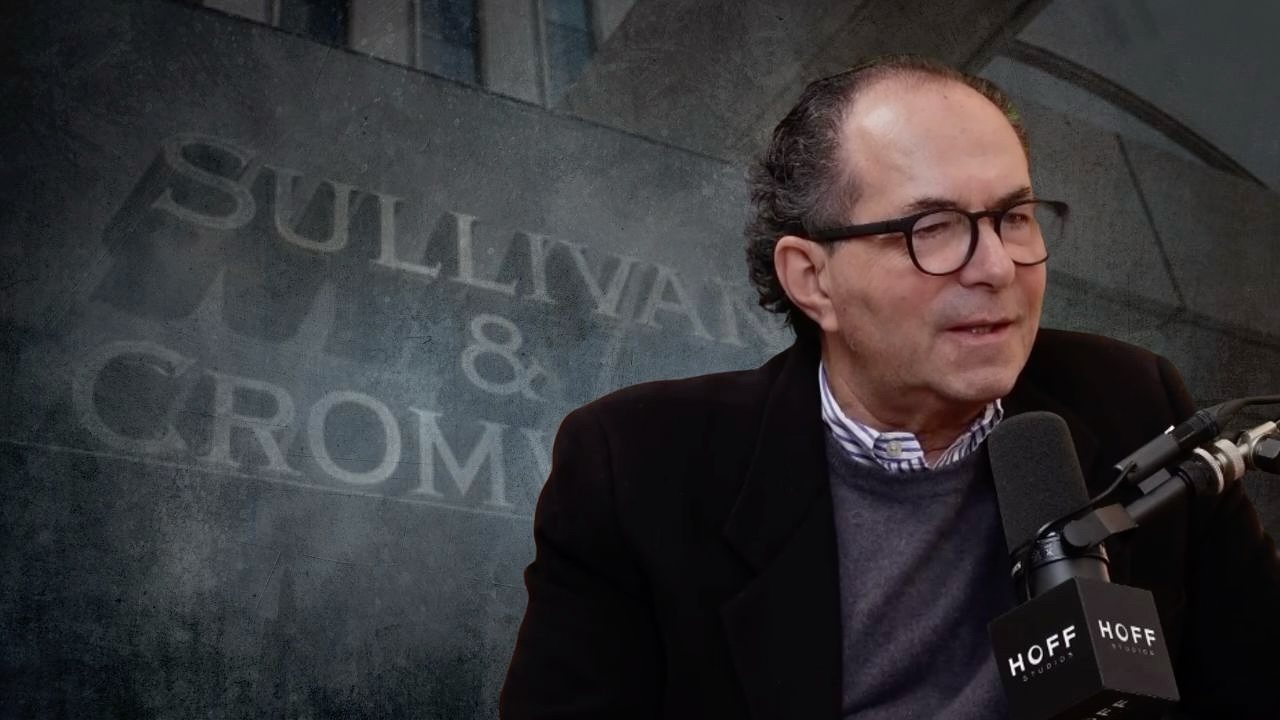Junior Lawyers: Here's How To Combat 'Phone Fear'

I recently read an article on The Lawyer titled, 'Junior lawyers must learn to pick up the phone,' and it rang true with some comments we have also heard from Partners and recruitment teams in recent months. As the NQ market becomes increasingly competitive in London, with roles much lighter on the ground than in previous years - mastering the art of a phone call could be the one thing that sets you apart!
One partner said - “A big problem we have with our current trainees and NQs is getting them to pick up the phone. They don’t have the confidence to hold a conversation and I think that comes from hybrid-working and not overhearing how senior colleagues speak to their clients on the phone. (The Lawyer)
Phone calls are more than just a means of communication for junior lawyers - they are a powerful tool for building relationships and making a lasting impression. In an era dominated by emails and text messages, the personal touch of a phone call can set you apart from the competition and help you forge meaningful connections with clients, colleagues, and mentors.
Phone calls also allow for real-time, interactive conversations that can convey tone, emotion, and nuance in a way that written messages simply cannot. This is especially crucial in the legal profession, where clarity and effective communication are paramount. By engaging in phone calls, junior lawyers can ensure that their message is accurately conveyed and understood, minimising the potential for misunderstandings or misinterpretations.
Phone calls can be daunting, especially when you are in training and trying to impress, but like most things in life, the more you do, the more natural it will become.
How to improve your phone call skills
Here are some lesser-known tips we use as ex lawyers and recruiters to help you shine during those important conversations.
Prep like a pro:
Before the call, research the person and topic you are discussing, gather relevant documents, and jot down key points. This will boost your confidence and ensure you stay on track to add as much value to the call as possible.
Explain what you want to achieve from the call:
Layout why you are calling at the very start and set their expectations, don't over promise anything that is out of your control, it's ok to say 'let me find out for you' or 'let me get back to you.'
Master your tone:
Without visual cues, your tone becomes your most powerful tool. Practice speaking with clarity, confidence, and enthusiasm. Remember, a warm and engaging voice can leave a lasting impression.
Listen actively:
While it's tempting to fill every silence, active listening is key to a successful phone call. Pay attention to the speaker's words, tone, and emotions. Ask thoughtful questions and paraphrase their key points to show you're fully engaged.
Harness the power of silence:
Don't be afraid of brief pauses during the conversation. Silence can be powerful, providing space for reflection and deeper thinking. Embrace these moments and let the other person take the lead.
Be personable:
Don't be afraid to be you! Show your personality and find some common ground with who you are talking with. Ask them how their weekend was, or in true British style mention the weather. Sometimes these conversations can be helpful icebreakers.
Be concise:
Phone calls are typically time-sensitive, especially for law firm clients, so be wary of this . Practice delivering your message concisely and clearly. This is the part that will take some practice. But like anything the more you do the easier and more natural it becomes.
Follow up with a personal touch:
After the call, send a follow-up email or handwritten note to express your gratitude and reinforce the key takeaways from the conversation. This personal touch will leave a lasting impression and show your genuine interest.

Phone calls offer a unique opportunity to showcase your interpersonal skills and build rapport. By speaking directly with more experienced lawyers or mentors, junior lawyers can seek guidance, ask questions, and gain invaluable insights that may not be easily conveyed through written correspondence. The ability to engage in meaningful conversations over the phone allows junior lawyers to tap into the wealth of knowledge and experience that their colleagues have to offer.





